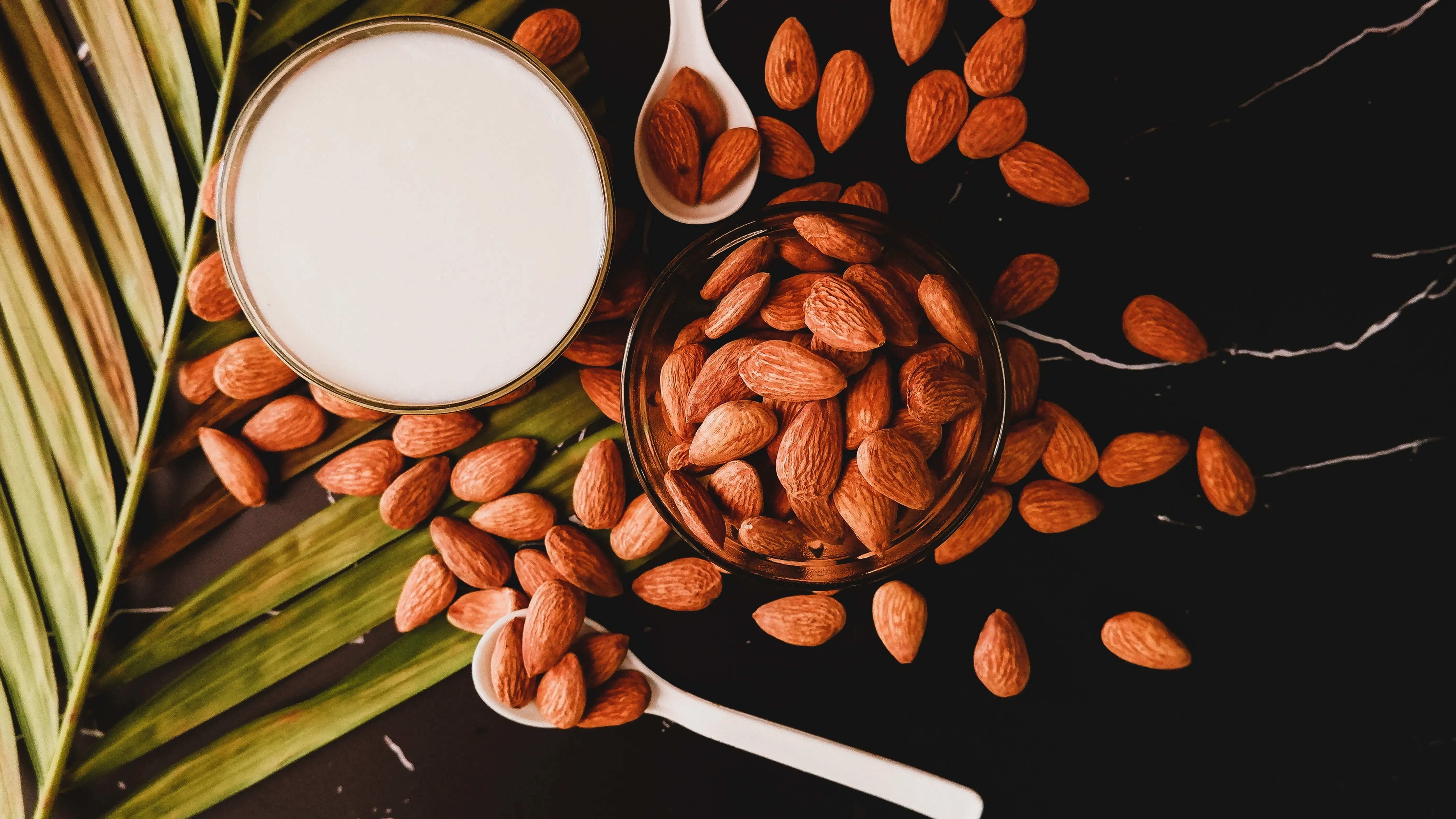The 80-10-10 Diet: An Overview and Criticisms
The 80-10-10 diet, popularized by raw food enthusiast Dr. Douglas Graham, has gained attention for its unique approach to nutrition. Advocating for a high carbohydrate intake and minimal consumption of proteins and fats, this diet has sparked interest in those seeking a healthful twist in their eating habits.
While the 80-10-10 diet claims to promote weight loss, enhance overall health, and prevent diseases, it is not without its critics. Critics point out that the diet lacks essential fats and proteins necessary for hormonal balance, tissue repair, and general health. Deficiencies in essential fatty acids, amino acids, vitamins, and minerals could pose long-term health risks for followers of this diet plan.
Dr. Ayush Shukla MBBS, speaking on the efficacy of the 80-10-10 diet, expressed skepticism, stating that the diet has little to no scientific value. He categorized it as scaremongering and a health fad, emphasizing that humans are omnivores who do not need to fear cooking.
The diet’s composition recommends that 80% of daily caloric intake come from carbohydrates, primarily sourced from raw fruits and vegetables, with the remaining 20% divided equally between proteins and fats. Proponents argue that this distribution facilitates digestion, helps maintain lean body mass, and sustains high energy levels.
However, critics warn that the diet’s heavy reliance on carbohydrates from fruits could lead to fluctuating energy levels, unlike more balanced diets that incorporate proteins and fats for sustained energy. Despite potential benefits such as heart health, weight management, and blood sugar control, individuals should exercise caution and consider their nutritional needs before adopting the 80-10-10 diet.
